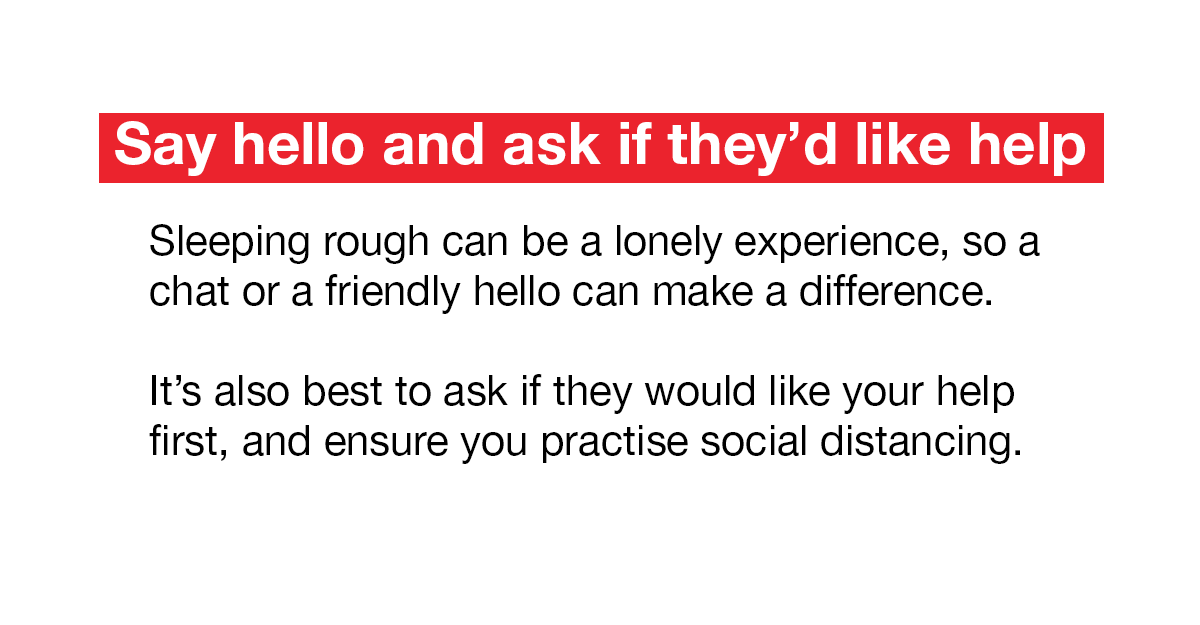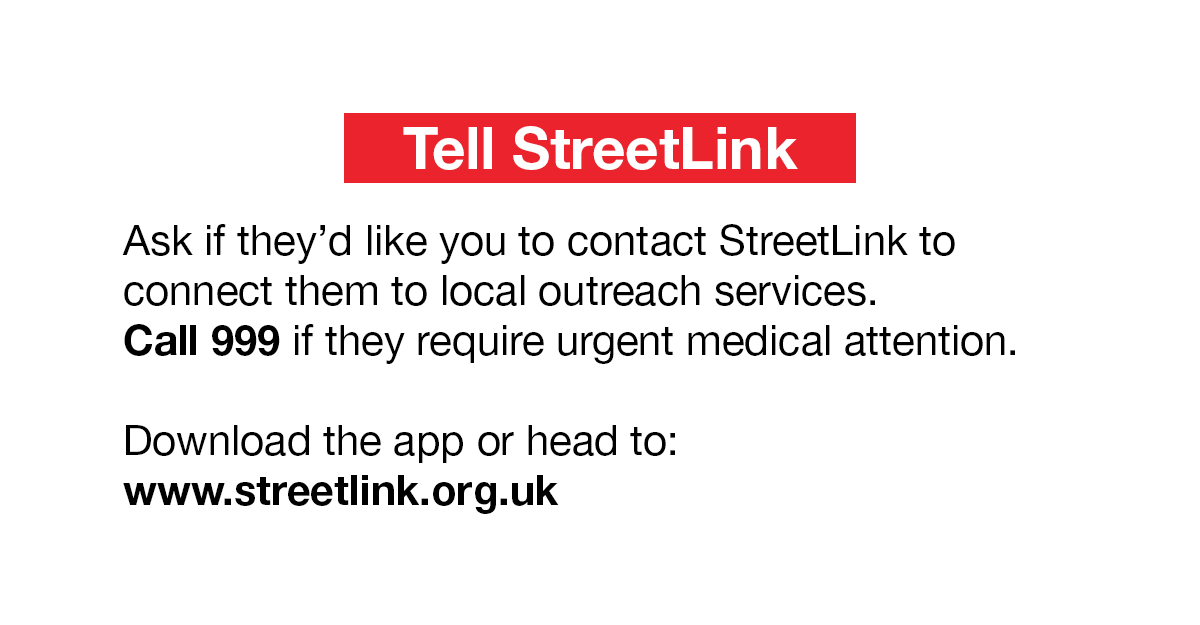
As part of the #RentersReformBill, the government is proposing that we move from fixed-term tenancies to open-ended ones. But what does this actually mean for renters? Time for another housing thread 👇 
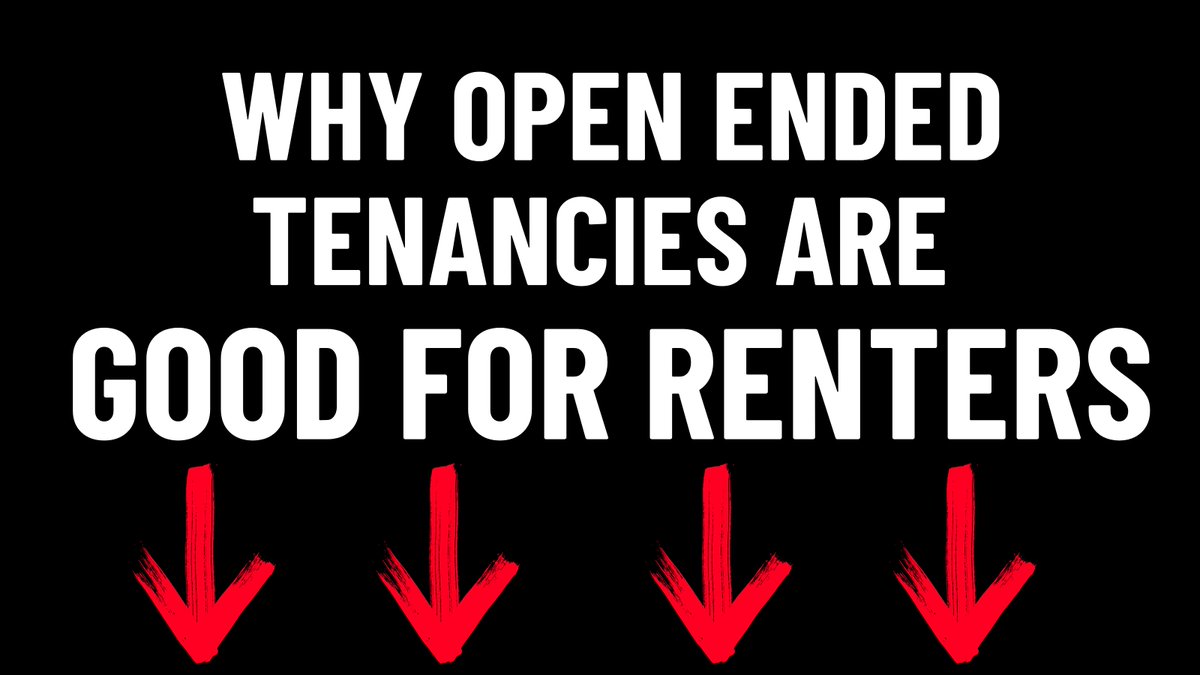
If you’re a private renter in England, the chances are that you have what’s called an Assured Shorthold Tenancy (AST). This includes a mixture of fixed term and periodic tenancies. What’s the difference between the two, we hear you ask? Let’s start with fixed term tenancies 👀
A fixed term tenancy commits both a landlord and tenant for an agreed period – typically 6 or 12 months. During this time:
❌ Landlords can’t serve a Section 21 eviction notice
❌ Tenants can’t leave without the landlord’s agreement
❌ Rent (typically) won’t go up
❌ Landlords can’t serve a Section 21 eviction notice
❌ Tenants can’t leave without the landlord’s agreement
❌ Rent (typically) won’t go up

Whilst fixed term tenancies provide a basic level of security for renters, the system is inflexible, and can lock renters into contracts that might no longer be suitable.
So, if you lost your job, or your relationship broke down, you could find yourself stuck in a place you could no longer afford, or want to be.
Once a fixed term tenancy ends, three things can happen:
👉 The tenant moves out
👉 Another fixed term tenancy is agreed
👉 The tenant moves onto a periodic tenancy
👉 The tenant moves out
👉 Another fixed term tenancy is agreed
👉 The tenant moves onto a periodic tenancy
A periodic tenancy is a weekly or monthly tenancy that doesn’t last for a fixed period (aka a rolling contract). Whilst these types of tenancies offer a lot more flexibility to tenants, they come with much more insecurity... 

For example, a landlord can end a periodic tenancy with just 2 months’ often too scared to raise complaints or request repairs due to the fear it might result in upheaval.
Sadly, stories like this aren’t uncommon 👇
Sadly, stories like this aren’t uncommon 👇
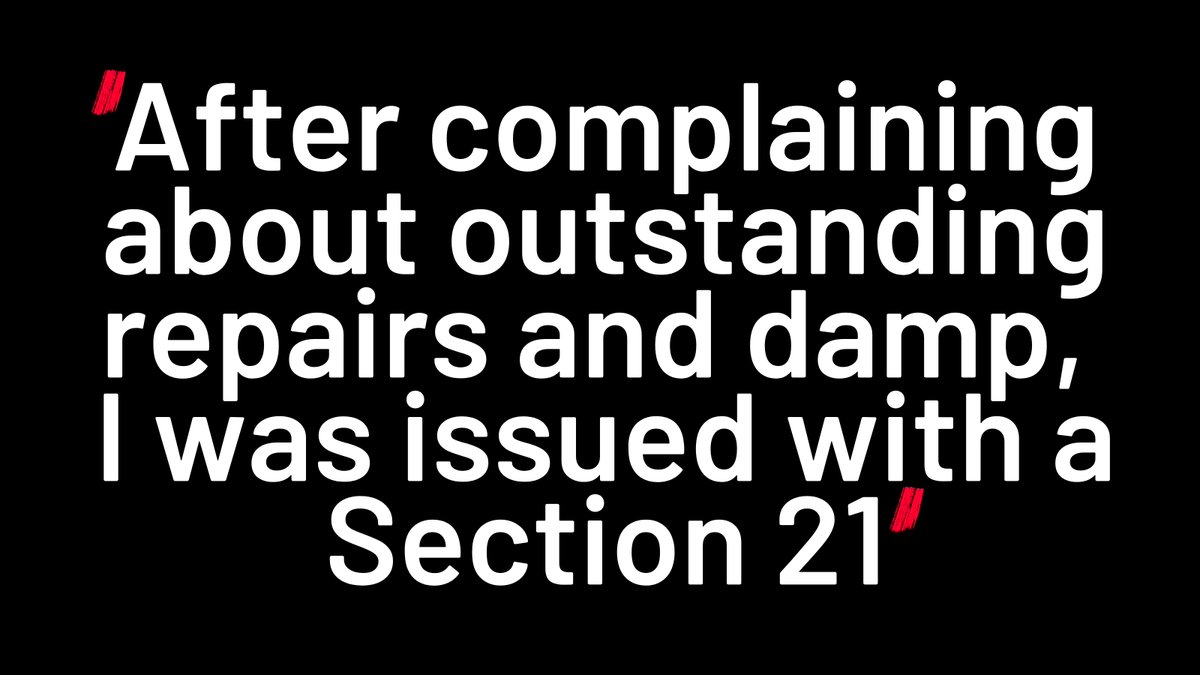
As part of the long-awaited #RentersReformBill, the government has promised to scrap Section 21 evictions and fixed term contracts, moving anyone with an AST onto a periodic, open-ended tenancy.
This is good news for renters. Without the threat of a ‘no fault’ eviction notice, they'll have a lot more security in their home, as well as more flexibility to move. Evictions could also only take place if the landlord provides a genuine reason: e.g. if they want to sell.
However, there are some elements of the proposals that need to be improved to make sure that the new system can’t be exploited. Here are some examples 👇
Firstly, ‘no fault’ evictions could still take place – e.g. if the landlord wants to move back into the property, or sell it. Under the proposals, the notice period would remain the same at just 2 months, which isn’t enough time to find a new place to call home.
With rampant discrimination against households on low incomes and rents sky-rocketing, such a short period of notice makes it hard to find a new place to call home, which is pushing more people into homelessness. We therefore want the notice period extended to 4 months. 
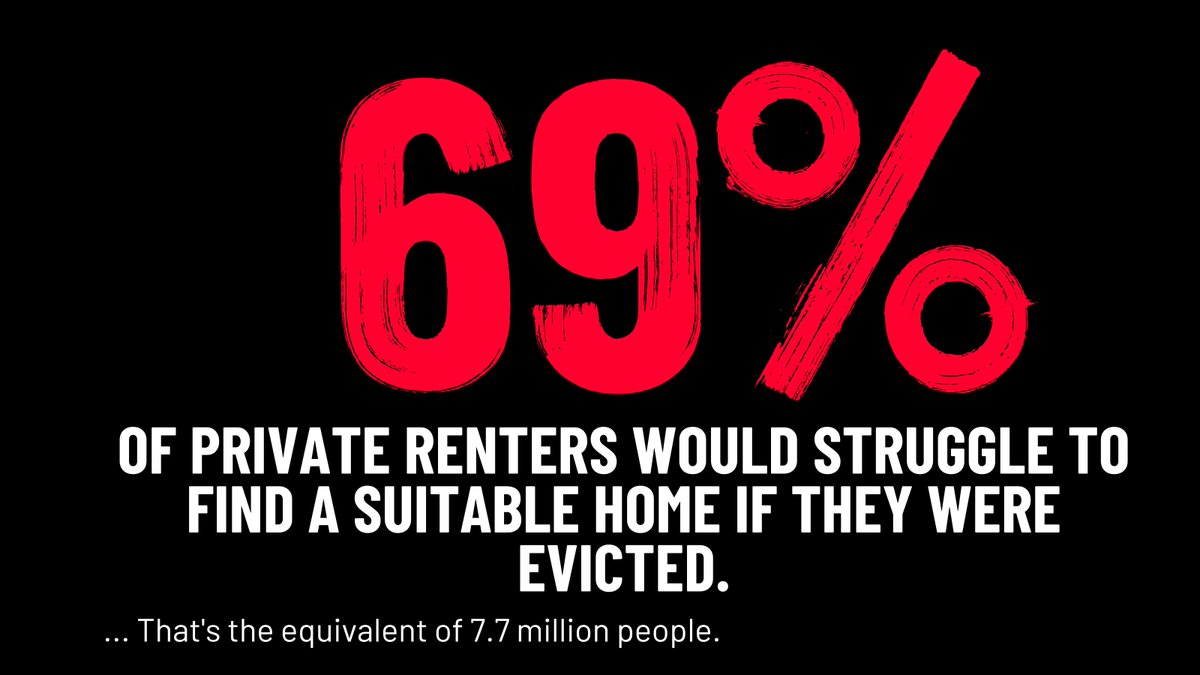
It’s also crucial that there are no loopholes in the system for bad landlords to exploit. Under the current proposals, a landlord could say they want to sell the property, but put it back on the rental market after just 3 months.
This isn’t long enough – if a landlord evicts tenants because they want to sell, they shouldn’t be able to re-let it for at least another 12 months.
We’ve now been waiting nearly 4 years for the government’s long-promised #RentersReformBill.
Renters need more security and rights in their homes now – they can’t wait any longer. Help us tell the government to act now: shltr.org.uk/3d5Bn.
Renters need more security and rights in their homes now – they can’t wait any longer. Help us tell the government to act now: shltr.org.uk/3d5Bn.

• • •
Missing some Tweet in this thread? You can try to
force a refresh







